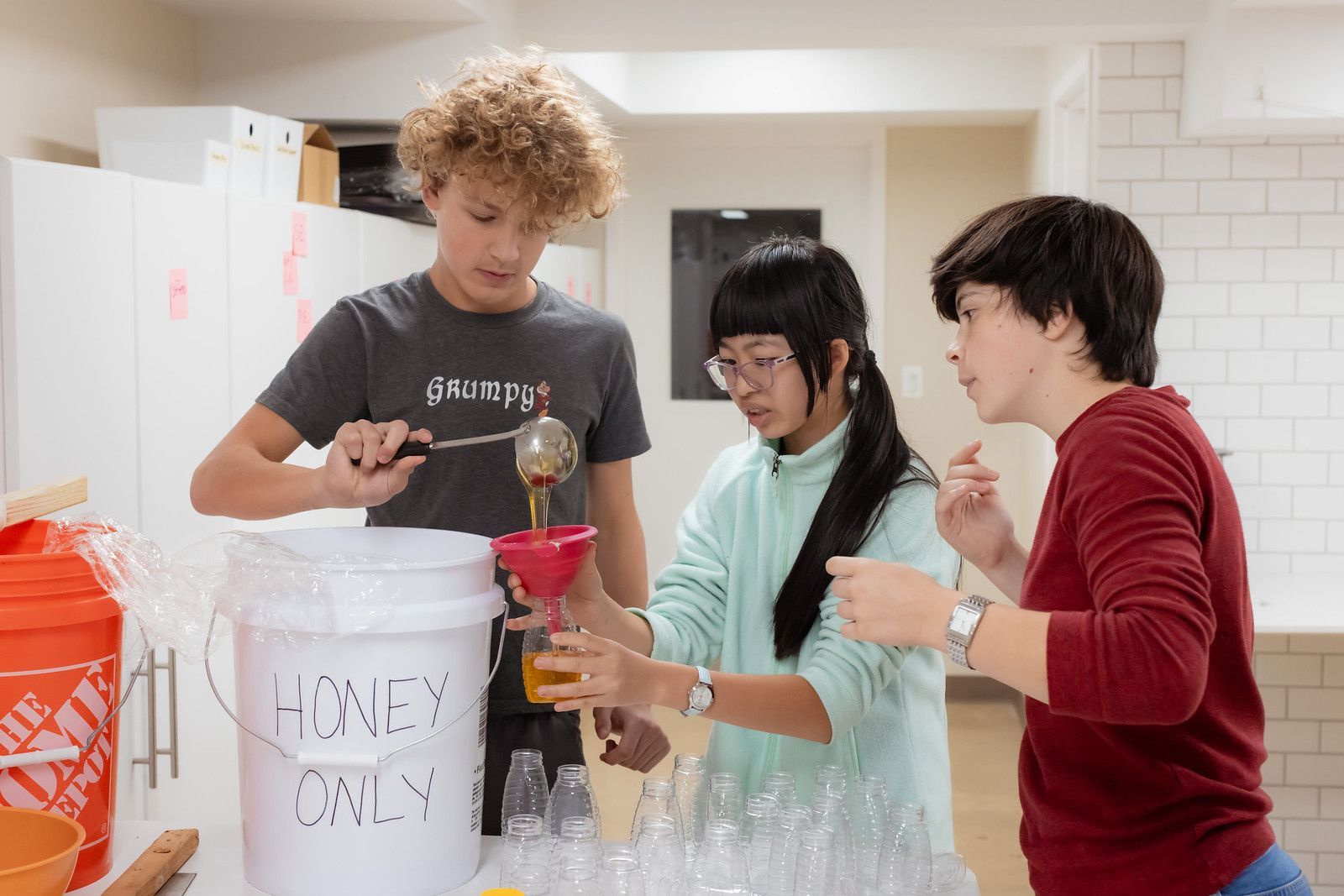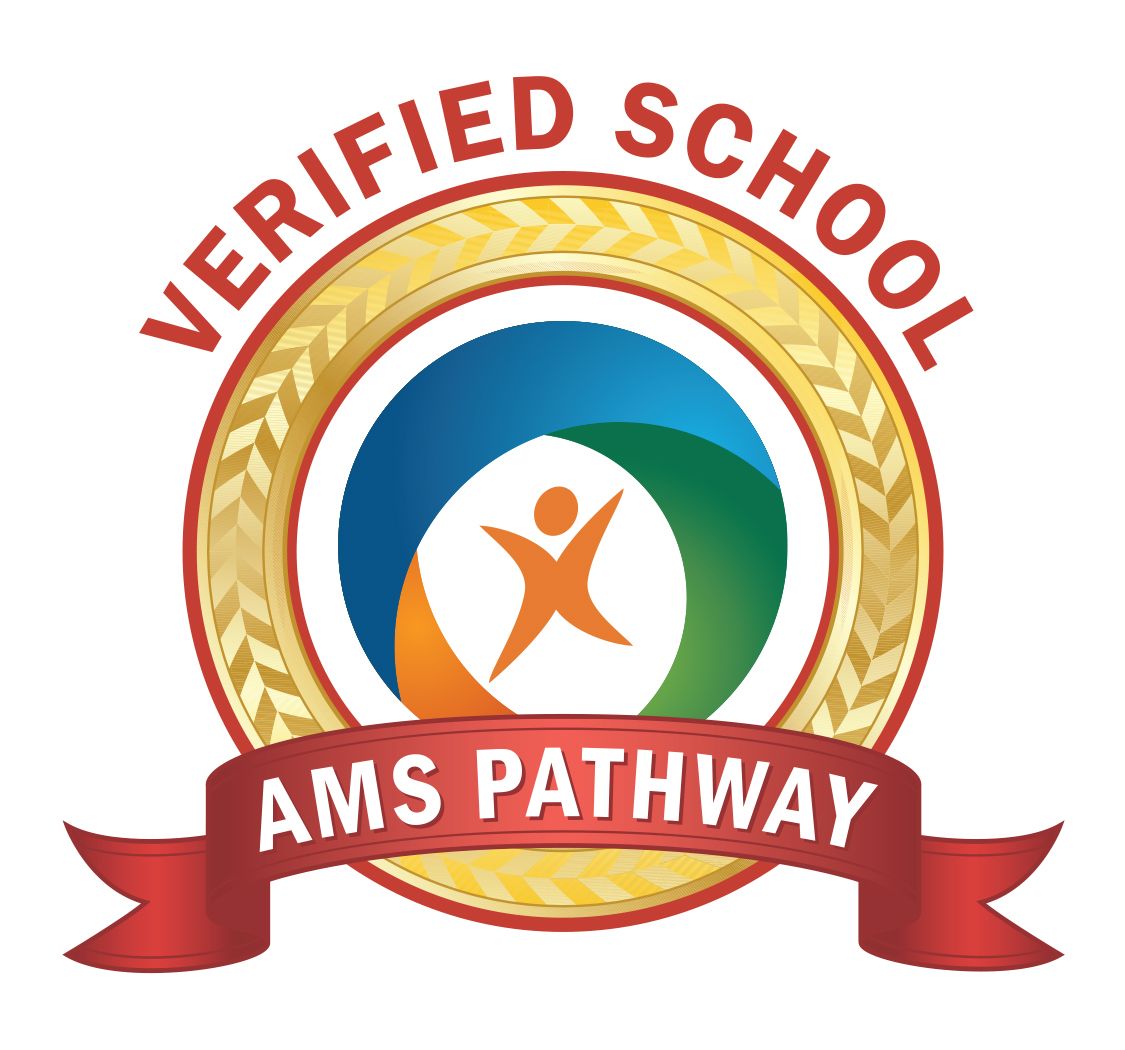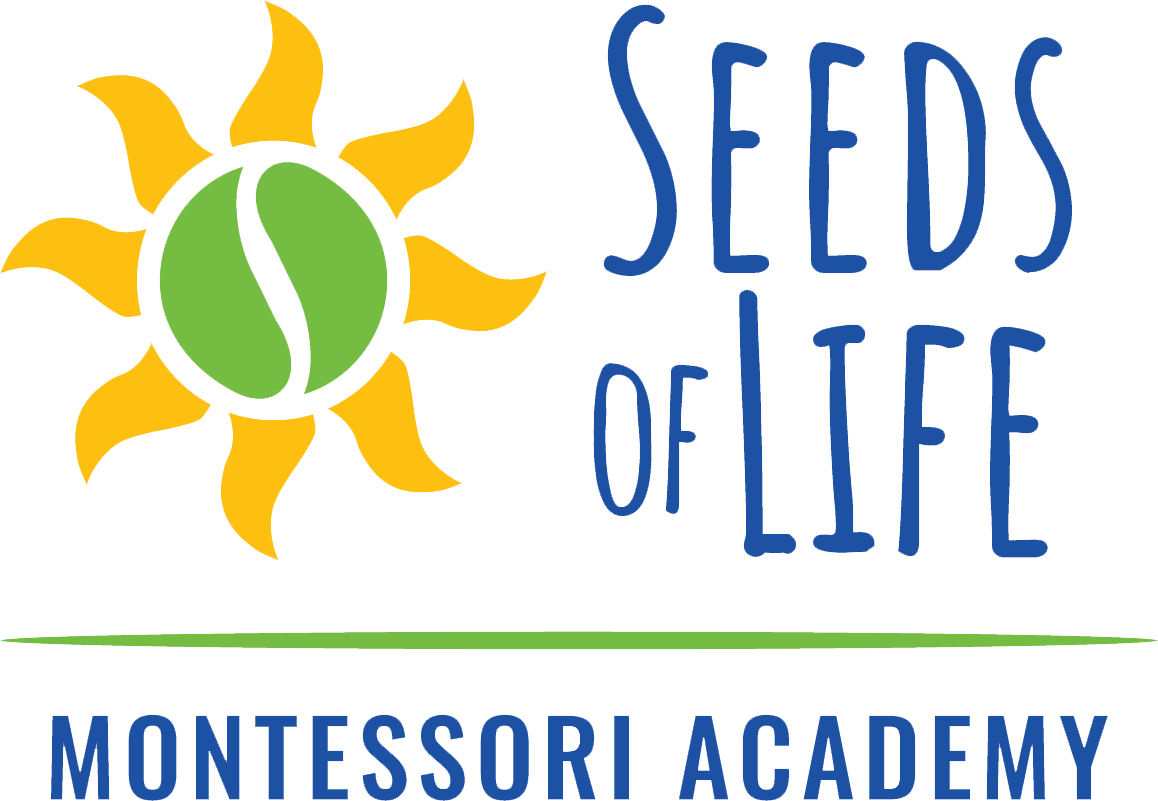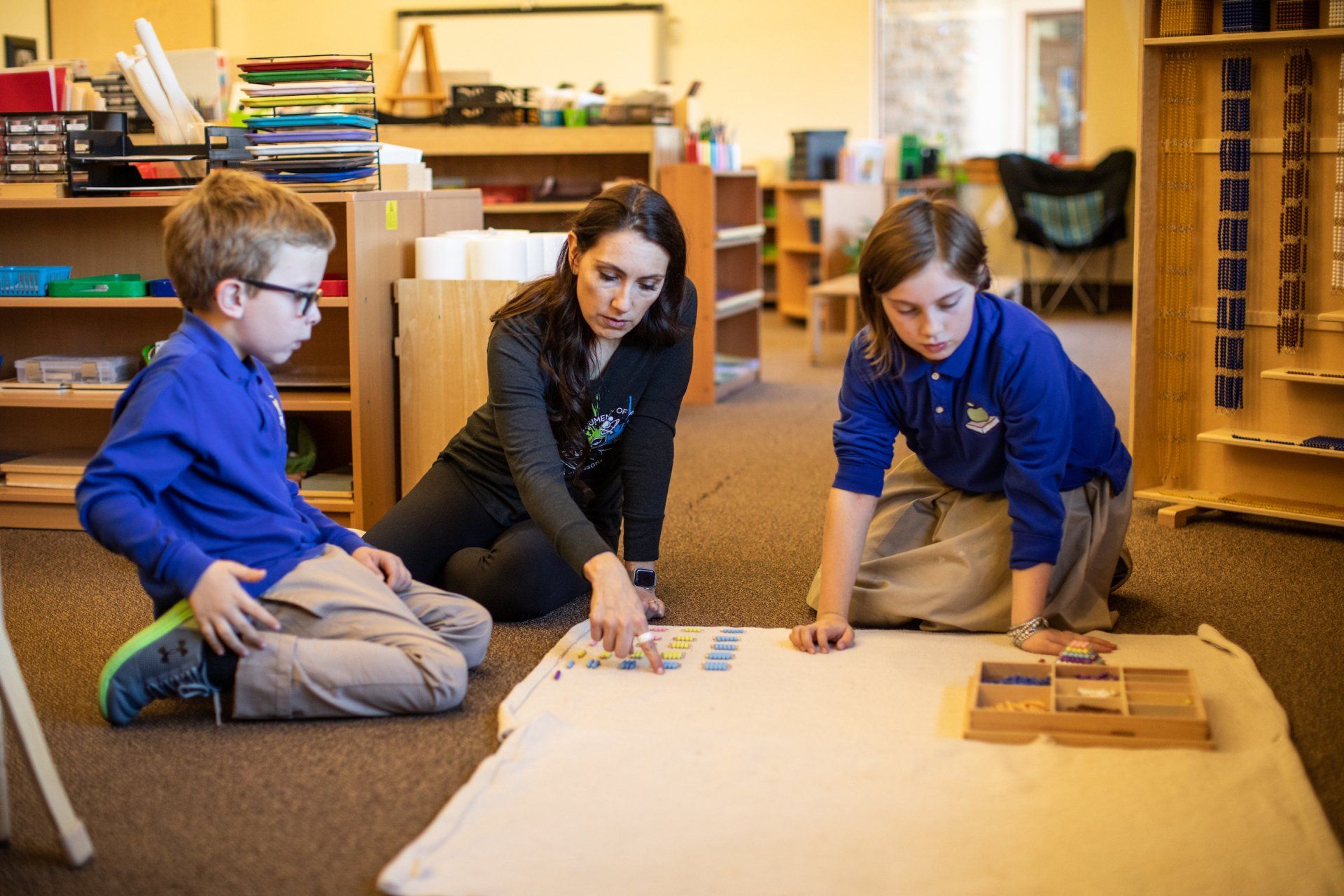
I know a lot of you are worried or even panicking. The uncertainty, what’s going to happen, what information can we trust, what can or should we do, etc…
The situation sounds crazy, but here we all are, and the anxiety and stress from the unknows coupled with all the new decisions we find ourselves forced to make is causing our nervous system to activate the flight or fight mode. This state of fear causes each of us to interpret the threat differently based upon our own analysis, experience, and priorities. These different interpretations, in turn, lead to each person reacting with the desire to flee, flight or even freeze.
Toxic stress like what many of us are facing now is an experience that overwhelms us and leaves us feeling that we are in danger. Sometimes we may pretend that everything is ok, that we are coping well, or that we know how to handle the situation…… but in reality, our body language is showing real signs of the stress, and whether we like it or not, our kiddos have the ability to perceive these clues and body language.
Many of us in the US and indeed around the world, including me, will find their children out of school in the coming days and weeks, and at home with us or other caregivers. With our kiddos at home and vacation clearly not being the reason, we need to be acutely aware that our worries and stressors are everywhere around us….the media, friends, coworkers, neighbors, the grocery store……everywhere!
So what can we do? Can we show our real emotions to our kids? How are we going to cope with the added stress of having them at home all day, every day?
There are millions of questions, and we don’t have all the answers...
The only real answers that we have at this point is that they are going to be with us, and we are the only ones with the tools and the love to give them the support that they need during this tough and stressful time.
If we are going to be a successful support system for our kids, it’s our job to take care of ourselves, assuring that we are doing everything we can to work with our nervous system and effectively deal with our fight or flight instincts. We know stress is part of the human experience and it serves a valuable purpose, but we must be aware of and consciously work to prevent that stress from transitioning from a positive and useful tool, to a toxic, damaging and overbearing force that leads us to behave in ways that only make the situation worse for ourselves and our kids.
Showing positive stress to our kiddos and letting them know that it can be managed is a healthy way to expose them. Stress can be managed through love, relationships, connections, and supporting those around you.
So…..what can we do?
With events, activities and many, if not most, of the usual sources of entertainment now being curtailed in some fashion, we may as well accept that our routines are going to change. Let’s get creative, think differently, see this as an opportunity to do some things that maybe we don’t normally have the time or initiative to get done. We can use this time in a way that benefits everyone……let’s PLAY and READ more with our kiddos …..listen to more music and DANCE. Let’s do more ART and COOKING with them. Let them spill some milk, make a mess, and then……let them clean it up. These are all important skills and play a valuable role in learning……not to mention, further building your relationship with them.
Okay, I know you’re going to ask……..what about VIDEO GAMES, tablets or phones?
Yes, let them play videogames, but maybe do it with them and use it as an opportunity to engage on their level with something they have a passion or excitement for. This is the perfect time for you to learn more about their games and even learn how to play. Nothing will excite them more than having the opportunity to teach YOU how to do something. BUT, always remember to set and establish appropriate expectations before playing. How long, what games, breaks, bedtime, etc…are all things that need to be laid out and acknowledged. Knowing more about what they like to play and how to play it, (particularly with older kids) is going to impact your relationship with them and will give you more power over these expectations. By the way, I love to play Nintendo with my kids, and I try to play their Xbox games with them too, but I’m just not very good at it!
ACADEMICS: So, this is going to depend a lot on their age. There are millions of resources online based on grade and age. The “Teachers Pay Teachers” website has some amazing resources that you can print and do at home.
But if you ask me, especially for younger kids, you can do math all day long at home. You can count silverware, tools in the garage, do division and multiply just about anything. You can turn everyday life into a giant math experiment.
LANGUAGE: You can incorporate this into your everyday life as well. Have them help with labeling your house in a second or third language, look at picture books and have them write sentences to describe what they see, or have an older child write an essay about an interesting topic that sparks their interest.
SCIENCE: There are some great websites where you can print out some experiments and conduct them at home with your kids. If they are older, let them research the topics and find the experiments.
Let’s help our kiddos and ourselves…..we can do this together. Our kids need us more than ever during this crazy time. Talk openly with them but make sure the conversation is age-appropriate. Acknowledge their fear and stress but make sure to share and express to them that they don’t have to carry our stress, worries, and anxiety.
This is a FANTASTIC opportunity for us to teach them how to self-regulate and manage their emotions. Model to them that its okay to feel fear……but they are not alone, that we have their back, and we WILL take care of them.
Below is a list of resources that may help. Feel free to send me an email if you need help or have any questions.
PLEASE REMEMBER……the more important thing right now is our LOVE and CONNECTION with our kiddos!!! They are the future, but right now…they need US!!!
Resources
Scholastics has great support for this time:
https://classroommagazines.scholastic.com/support/learnathome/grades-6-12.html
Nature Detectives
https://naturedetectives.woodlandtrust.org.uk/naturedetect…/
Mystery Science
https://www.mysteryscience.com
Cbeebies
https://www.bbc.co.uk/cbeebies
Mommy Poppins

Programs
Connect
Community Resources



